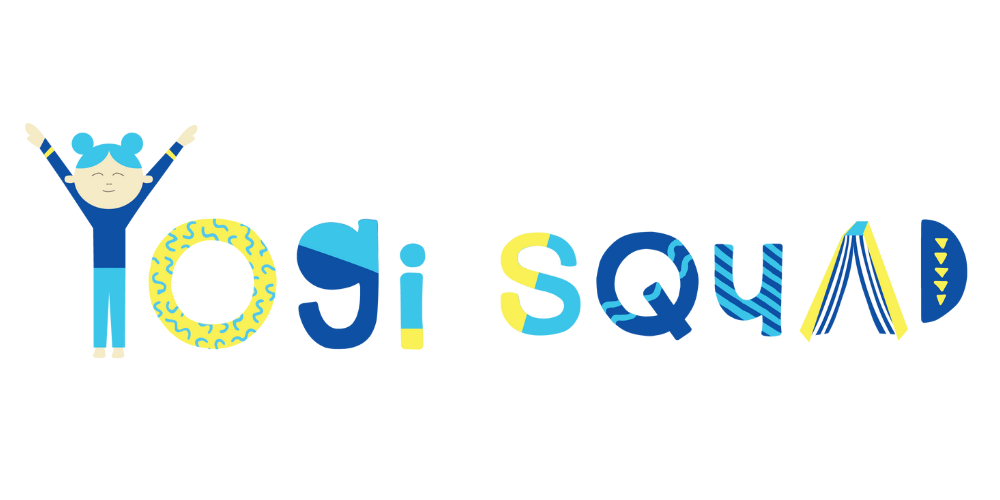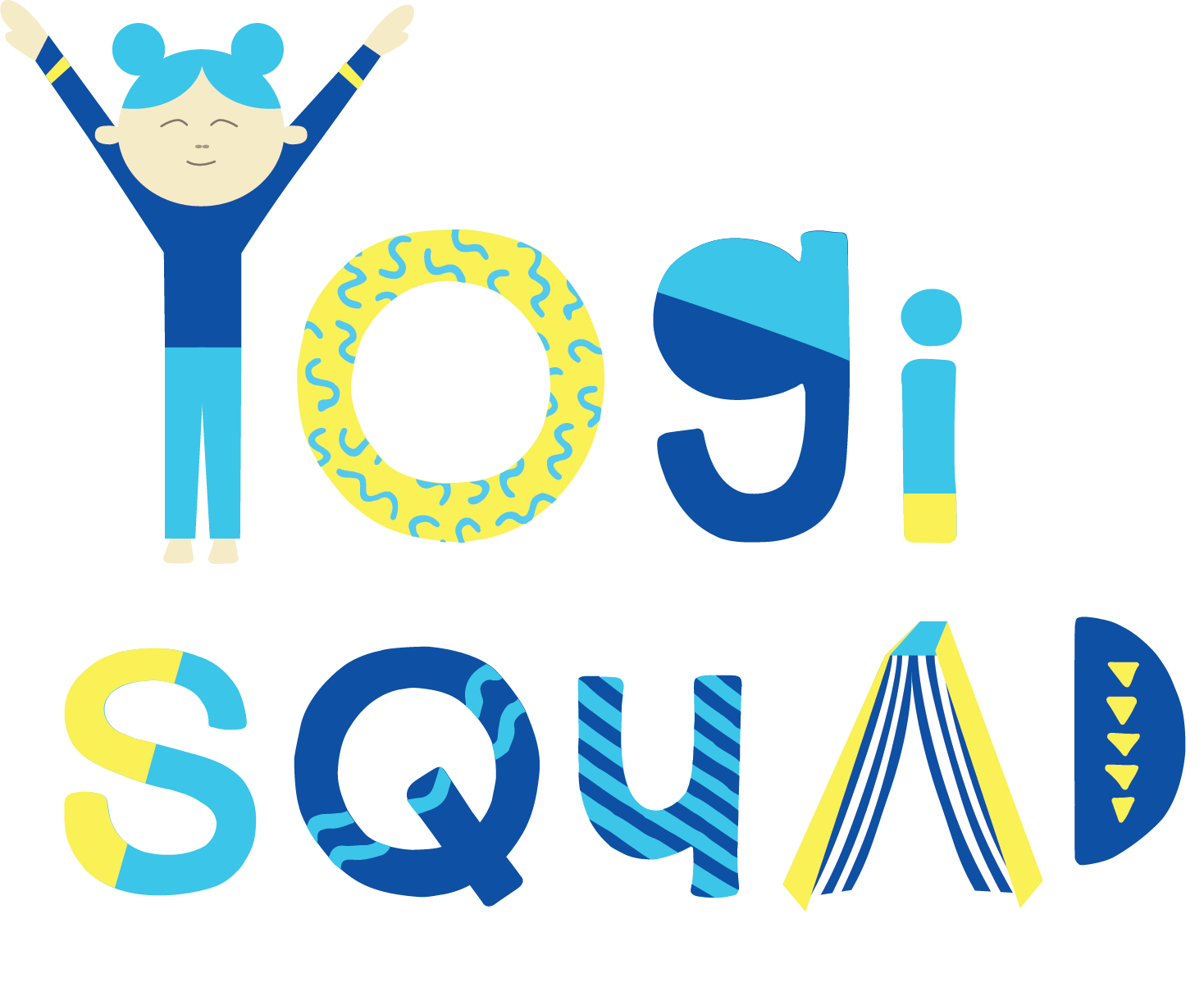The ABCs of children’s yoga and why it makes us all so much better
Get moving and grooving with children’s yoga to achieve the extraordinary!
MOVEMENT.
Movement is an important process in the early years of children. The energy children exert in learning how to control their bodies overrides all other thoughts. Yoga develops body-awareness and social skills. It teaches children balance, flexibility, strength, stamina, coordination, and control. Yoga can be adaptable and accessible for ANYONE. It can be taught with or without a mat, with or without shoes, in a chair, at a desk, in a gym, library, cafeteria, playground, hallway- the possibilities are endless. It is a system of physical and mental practices that have been studied for thousands of years. The benefits are scientifically proven, and if incorporated into daily life from an early age, can set an expectation for a lifetime of happiness and health.
MUSIC.
Kids yoga classes should be fun and exciting and feel approachable to kids. A great kids instructor knows that the only way to get yoga to “click” with kids, is to bring yoga to their level of learning. What is one awesome way to do this? Music! And research has proven the increased effectiveness of learning that takes place when activities are paired with singing, rhyming, and movement. The combination of all of these together creates an enriched learning environment for children to develop critical language and literacy skills, and a continuous mindfulness practice.
MINDFULNESS.
Yoga assists in settling the fight-or-flight response, giving children the opportunity for calm, less reactive responses to unpleasant or difficult situations. Countless studies have shown that a regular practice reduces tension, improves mood, and helps regulate emotions. Students of yoga learn to embody the words “Peace Begins With Me” in every area of life through the practice of meditation and mindfulness techniques; creating calm, confident, and more mindful humans on our planet. A child that lives a more mindful life has the time to focus on the important skills, like becoming a future leader in our community.
ACHIEVEMENT.
Achievement is so much more than academics. The social, emotional, cognitive, linguistic, and academic domains of human development are intricately intertwined in the brain and in behavior and are all a central part of how we learn. We are not born with a set of predetermined social, emotional, and cognitive skills. These skills emerge, grow, and change over time. They build upon one another, but are completely malleable, making their inclusion in daily activities developmentally appropriate for children of any age. The Evidence Base for How We Learn Report produced by the National Commission on Social, Emotional, and Academic Development found that the “quality and depth of student learning is enhanced when students have opportunities to interact with others and make meaningful connections to subject material”. The connection between yoga and books creates a multi-sensory learning environment. Movement and music paired with books creates an active, engaging storytime, making learning less intense, more approachable, and FUN! The ingredients for the PERFECT storytime!
COMMUNITY.
Teaching yoga in schools is another way to offer the tools needed to easily implement social, emotional, and cognitive activities and practices into a child’s everyday life. And by teaching yoga and mindfulness practices to the school community, we can empower everyone in creating an environment that is developmentally and culturally aligned to the needs of the entire school community.
WELLNESS.
Many health problems that exist in our world like obesity, violence, and substance abuse, are due in part to the absence of social and emotional skills found in our society. A recent research study conducted by the American Journal of Public Health found that “perceived early social competence at least serves as a marker for important long term outcomes and at most is instrumental in influencing other developmental factors that collectively affect the life course.” Evaluating such characteristics in children could be important in planning interventions and curricula to improve these social competences.
Yoga is a scientifically proven practice that can be individualized to meet anyone just where they are. I have witnessed its magic, which is why I so firmly believe in sharing the teaching of yoga to EVERYONE. So roll out your mat, take a deep breath, and get moving. Namaste!
Yogi Squad's mission is to make yoga accessible to all kids, everywhere.
As a former educator and librarian, I experienced first hand the dynamic and unforgiving struggles that students and their families face daily. I began incorporating the principles and movements of yoga into my library storytime and saw the connections students made into daily life. This inspired me to share the experience with more children, and in 2018 Yogi Squad was created.
Since then, the Squad has been invited into homes, schools and daycares, and community events to inspire children’s physical, social, and emotional growth. Yogi Squad was created to fill a void found in the social and emotional well-being of our children. Academic, environmental, and social pressures can negatively affect a child’s development and future well-being.
Our dream is to create resiliency through movement, mindfulness, and books.
Our children's yoga classes teach children to recognize, understand, and learn to control their emotions. We teach them how to feel safe in their own body. And we use proven techniques and methodologies that teach children about their internal tools and how to use them effectively for optimal human performance. Below are the major components included in every Yogi Squad class, with research supporting their positive benefits. This is information used when developing Yogi Squad programming and deciding to build the nonprofit.
References:
Damon E. Jones, Mark Greenberg, and Max Crowley, 2015: Early Social-Emotional Functioning and Public Health: The Relationship Between Kindergarten Social Competence and Future Wellness. American Journal of Public Health 105, 2283_2290, https://doi.org/10.2105/AJPH.2015.302630
Jones, Stephanie M, and Jennifer Kahn. “The Evidence Base for How We Learn: Supporting Students' Social, Emotional, and Academic Development.” The Aspen Institute, National Commission on Social, Emotional, and Academic Development, 27 Mar. 2018, www.aspeninstitute.org/publications/evidence-base-learn/.
Stein, Gari. “The more we get together: Nurturing relationships through music, play, books, and art.” Little Folksters Publishing House; An Arbor, MI. 2008.





